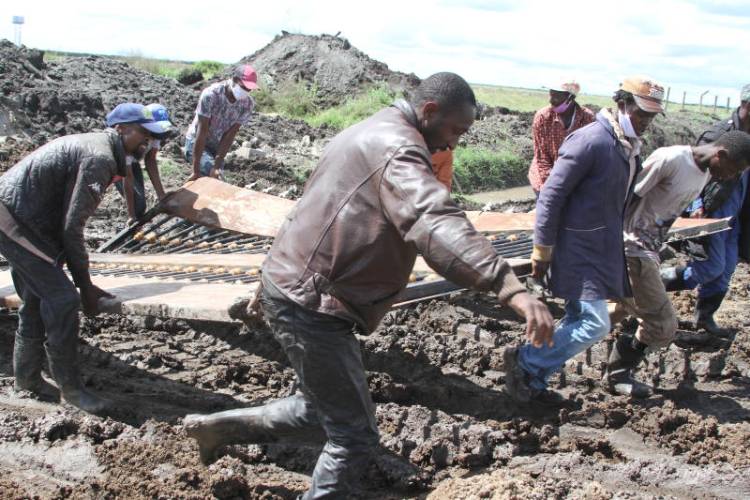×
The Standard e-Paper
Fearless, Trusted News

Renton Company, the firm evicted from the sewerage land in Ruai, had attempted to fraudulently sell the 1,600-acre parcel to the government for Sh432 million.
The Standard has obtained documents that provide a rare peak into a deal that would have robbed the country of land and cash.